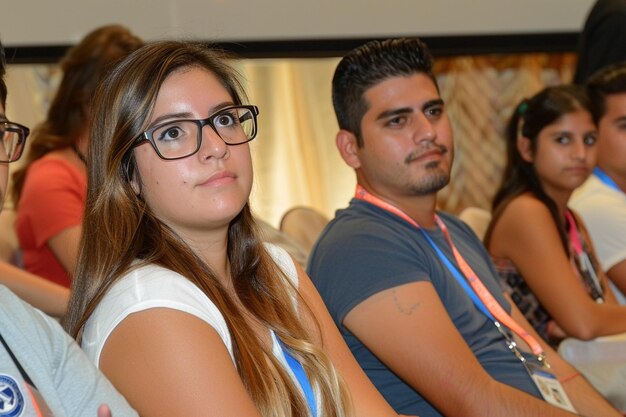The collective identity of a nation is woven from an intricate tapestry of cultures, beliefs, and histories, coalescing into what we perceive as national identity. In the case of the United States, this tapestry is particularly rich, comprising threads from various corners of the Earth. The Bahá’í Faith offers profound teachings that can profoundly enrich our understanding of what it means to feel American, emphasizing the principles of unity, diversity, and the transcendence of cultural barriers.
At its core, the Bahá’í Faith champions the idea of unity in diversity, a concept that resonates deeply with the American ethos. This principle invites individuals to appreciate and embrace the myriad cultures that coalesce to form the American mosaic. Rather than viewing cultural differences as obstacles, Bahá’í teachings encourage the acknowledgment of each person’s unique contribution to society. This perspective may serve to dismantle the barriers often erected by prejudice and misunderstanding.
To cultivate a sense of belonging, one must first acknowledge the manifold narratives that surround them. Each culture offers unique insights, traditions, and experiences that enhance the collective identity. In this regard, the Bahá’í teachings elucidate the importance of consultation—a process characterized by collective discussion where diverse viewpoints are considered. Engaging in such discourse can illuminate the interconnectedness of our shared humanity and foster a deeper understanding of what it means to be part of a culturally rich nation like the United States.
Furthermore, embracing the Bahá’í commitment to service can radically transform one’s sentiment of national belonging. The act of contributing to the welfare of society, regardless of one’s background, engenders a profound connection not only to fellow citizens but also to the broader human family. Service can manifest in myriad forms, from community engagement initiatives to advocating for socially marginalized groups, all of which underline the interdependence of individuals within the American societal framework.
The Bahá’í teachings also emphasize the evolution of society through the advancement of knowledge and understanding. As one immerses themselves in the diverse narratives that characterize the American experience, it becomes evident that learning from others can catalyze personal growth and collective advancement. This intellectual engagement compels individuals to cultivate a sense of empathy, revealing the rich spectrum of human experiences and allowing for a deeper appreciation of that which makes us uniquely American.
One of the most transformative aspects of intertwining Bahá’í principles with national identity lies in the acknowledgment of the concept of oneness. It is vital to recognize that all humans, regardless of their cultural backgrounds, originate from a singular source. This tenet can challenge narrow definitions of nationality and ethnicity, framing the national identity in terms of shared aspirations, values, and goals. The Bahá’í perspective posits that the true essence of America transcends geographical constraints, rooting itself in universal human principles, such as justice, equity, and the pursuit of peace.
In essence, one can cultivate an “American” identity through the lens of Bahá’í teachings by promoting inclusivity, embracing diversity, and engaging in service. This approach not only honors the complexities inherent to the American landscape but also underscores the ethical imperative of fostering unity. This exploration should invoke a call for deeper inquiry into one’s understanding of what it means to be American. How can individual efforts contribute to the broader maintainance of peace and harmony within society?
Moreover, the Bahá’í vision emphasizes the essentiality of education as a means to cultivate an informed populace that can engage in constructive dialogue. Educational initiatives, whether formal or informal, can promote a greater awareness of the diverse cultural narratives that shape the American experience. A profound understanding of history, alongside an appreciation for various traditions, can mobilize individuals towards collective action, fostering stronger community ties and enhancing national solidarity.
The importance of moral development cannot be understated within the context of Bahá’í teachings. An individual’s commitment to virtuous conduct, grounded in principles of justice and fairness, catalyzes a more cohesive and supportive community environment. This moral grounding serves as a guide that reinforces the collective responsibility borne by Americans to foster an inclusive society and work towards the common good.
In conclusion, the tapestry of cultures that comprise the American identity is enhanced significantly through the adoption of Bahá’í teachings. These principles not only provide a framework for appreciating the diverse cultural narratives within the nation but also emphasize the shared human experience that binds us all. By fostering unity in diversity, promoting service, engaging in meaningful dialogue, and upholding moral values, individuals can cultivate a deeper and more resonant identity as Americans. This sense of belonging rooted in understanding and compassion paves the way for a brighter, more unified future, alluringly inviting each citizen to embark on a personal journey of exploration and connection.
